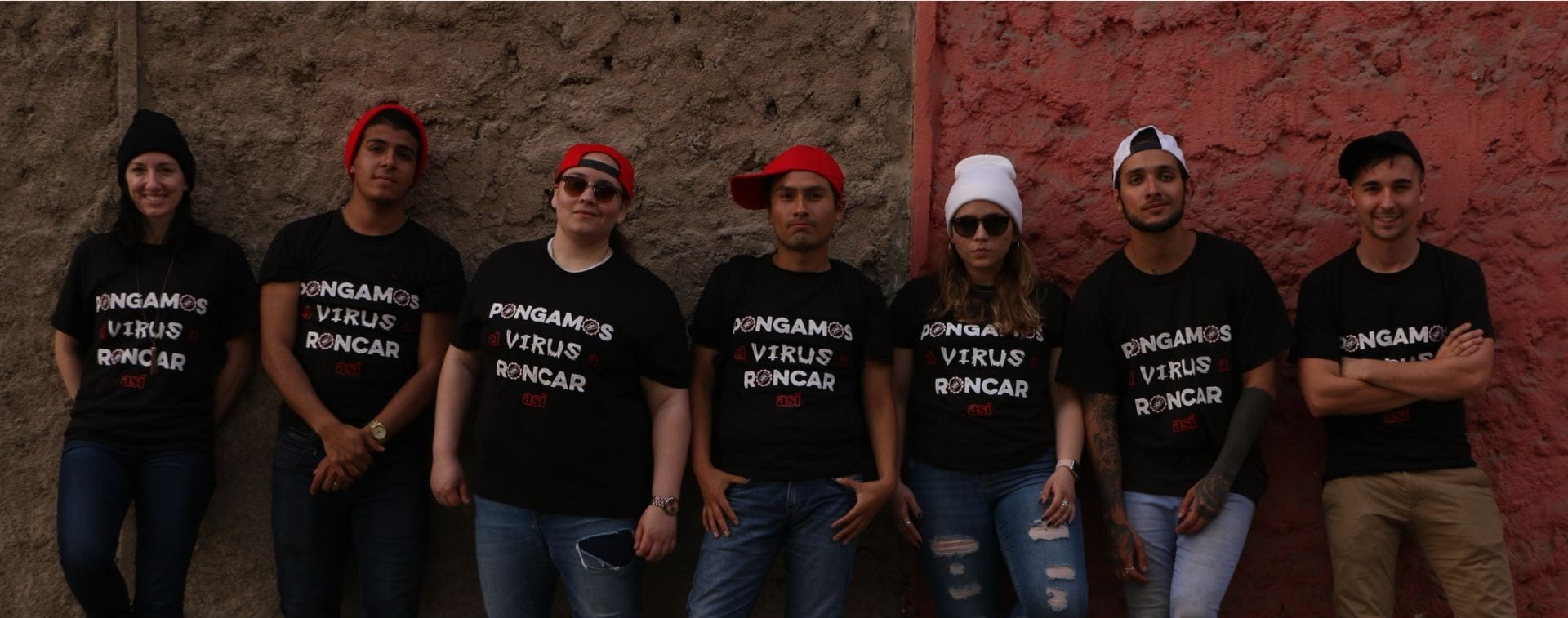Research Description
Our work in HIV spans projects ranging from clinical trials of antiretroviral drugs to the association between food insecurity and HIV treatment outcomes, tools to measure HIV-related stigma and the impact of community-based accompaniment . Community-based accompaniment is a model of care delivery that involves entry-level health workers and compensated lay workers who are trained to provide medical, emotional and psychosocial support to patients and to serve as their liaisons with formal health services. Our work in community-based accompaniment spans multiple diseases (hypertension, diabetes, tuberculosis, among others) but here we focus on community-based accompaniment in the context of HIV.
Relative to other age groups, adolescents living with HIV often experience higher rates of attrition to care and lower rates of viral suppression and medication adherence. This is likely due to a combination of factors associated with the adolescent life stage and that adolescents living with HIV may lack the skills, coping strategies and support needed to effectively manage common challenges related to living with a chronic condition, including diagnosis disclosure and HIV-related stigma and social isolation. In spite of their unique needs, adolescents living with HIV have rarely been targeted for intervention studies to improve health outcomes. We have developed and tested interventions, including those grounded in community-based accompaniment, to fill gaps in care and improve the health and well-being of adolescents living with HIV. Adolescent-friendly tools and resources (e.g., peer supporters, social media) are the cornerstones of the interventions.
Research Projects
Identifying and addressing the needs of young people living with HIV in Lima, Peru
Description: Our early work in this area aimed to identify the needs of adolescents living with HIV and their caregivers, and to pilot a peer support intervention for adolescents receiving HIV care at large public sector pediatric clinic. Building on findings from this early work, we collaborated with a team of young artists to create an educational rap video that provided information about HIV and sought to motivate young people to be active players in their daily adherence.
Core Member(s): Molly Franke, Carly Rodriguez (former)
Funders:
David Rockefeller Center for Latin American Studies, Harvard University
William F. Milton Fund, Harvard University
Funding Number: N/A
PASEO: peer accompaniment, support and education to facilitate the transition to adult HIV care
Description: The objective of this work is to establish the feasibility and efficacy of a community-based accompaniment intervention to support adolescents transitioning to adult HIV care in Lima, Peru. The intervention aims to support both adolescents living with HIV since childhood as well as those with a new HIV diagnosis. The nine-month intervention consists of health center navigation, social support groups and education sessions, resolution of acute needs, and mental health screening and services, and individualized adherence support. Our pilot study, conducted among 30 adolescents demonstrated high-levels of feasibility and strong potential for impact, even in the context of COVID-19. Current work consists of a randomized trial to quantify the efficacy and costs of the intervention in terms of HIV and general health outcomes, relative to the standard of care.
Core Member(s): Molly Franke, Carly Rodriguez (former)
Funders: NIH: NIAID & NIMH
Funding Number: R21 AI143365 (NIAID) & R01MH131414 (NIMH)
Feasibility of a community-engaged social marketing strategy to reduce HIV-related stigma and improve health among young people
Description: The overall goal of this proposal is to evaluate the feasibility of a social marketing public health strategy for reducing HIV-related stigma, and associated intersectional stigma, among young people (18-29 years) living with HIV, or at high-risk of HIV acquisition, in an urban Latin American setting. Using theory-based approaches for stigma reduction and health communications, and input from key stakeholders, we will create a series of multimedia content (short videos, music videos, comics, memes) and study whether influencers are willing to share the content via their social media platforms. We will generate evidence of potential efficacy of the content and the intervention as a whole.
Core Member(s): Molly Franke
Funders: Fogarty International Center
Funding Number: R01 TW012394
Biktarvy vs. protease inhibitor regimen for patients with viral suppression on second-line ART
Description: We are conducting a randomized non-inferiority trial to compare the efficacy of switching from protease-inhibitor based second-line therapy to bictegravir-tenofovir alafenamide-emtricibine in virologically suppressed adults in Haiti.
Core Member(s): Letizia Trevisi
Funder: Gilead Sciences, Inc
Funding Number: N/A
ORACTA
Description: The ORACTA project evaluated the impact of a community based accompaniment program to support HIV care in Rwanda. This study showed that this approach was associated with improved retention, better psychosocial outcomes, and improved food security.
Core Member(s): Molly Franke
Funder: N/A
Funding Number: N/A
